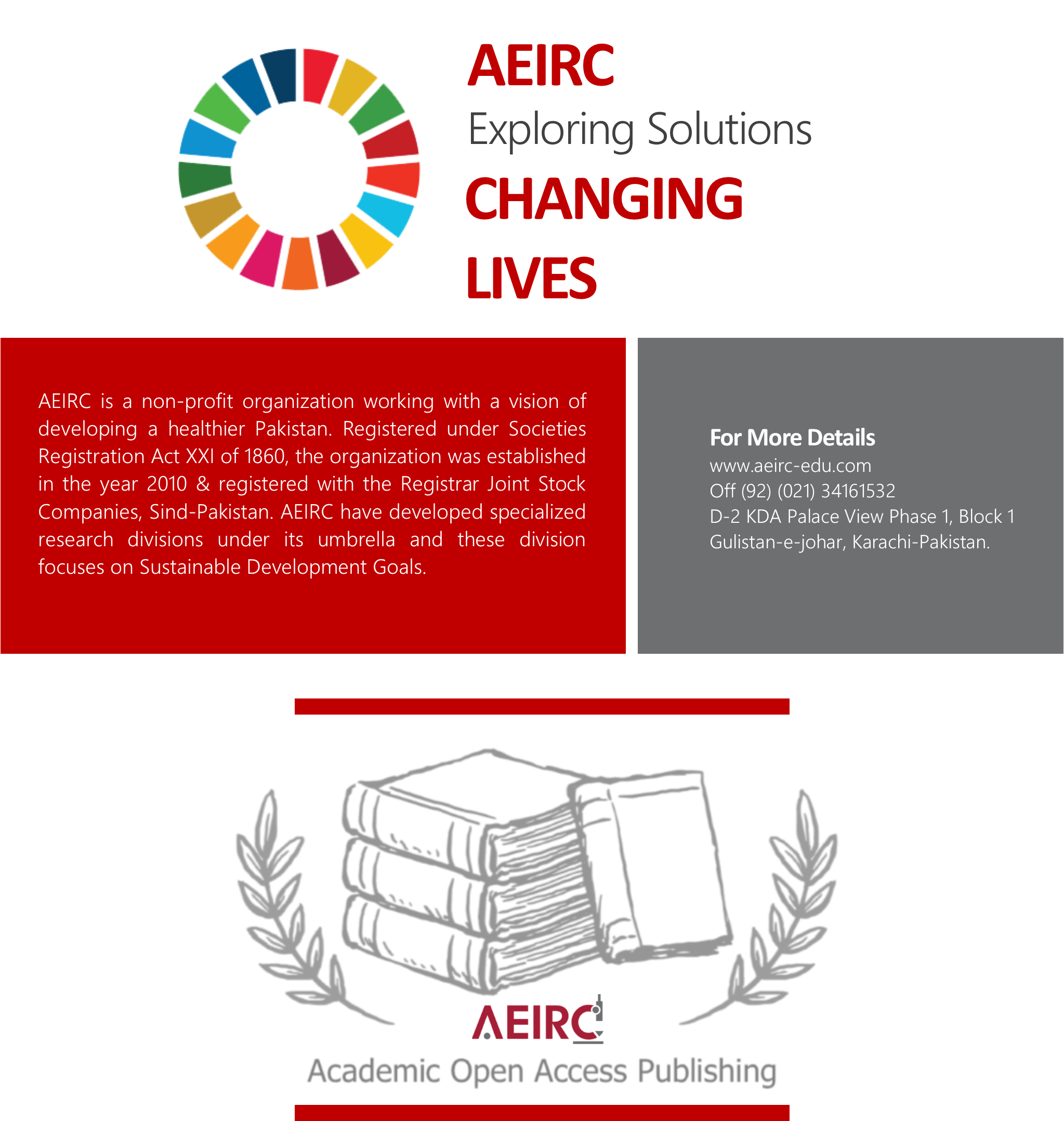Health Issues confronting Muslims on Hajj
DOI:
https://doi.org/10.29052/IJEHSR.v3.i2.2015.16-17Keywords:
Hajj, Hepatitis, Pneumonia, Immunization, Hajj Pilgrims, Medical ComplaintsAbstract
Objective: To determine the prevalence of health issues among hajj pilgrims and the factors associated with them. Method: An observational study conducted during hajj (Year 2011) using a questionnaire which was filled by pilgrims on their visit to the health clinics conducted by the Imamia Medics International. Results: During the period, pilgrims presented complaints related to the respiratory system 52.5%(n=394) followed by musculoskeletal system 29.6%(n=222), gastrointestinal system 15.5%(n=116), skin problems 5.9%(n=44), central nervous system 3.1%(n=23), cardiovascular system 2.9%(n=22), reproductive system 2.7%(n=20), urinary tract problems 2.3%(n=17) were dealt with. Out of 750, 17.9% (n=134) were diabetic and 26.4% (n=198) were hypertensive. Amongst the total, 24.8% (n=186) were vaccinated against hepatitis while 35.7% (n=268) were vaccinated against pneumonia. An astonishingly high percentage of the pilgrims had no prior immunization to both hepatitis and pneumonia. Conclusion: This data tries to emphasize awareness regarding the importance of vaccination and the potential problems which are faced by diabetic, hypertensive and older population which can help to improve the health condition of hajj pilgrims and can lessen the burden faced by concerned authorities.







